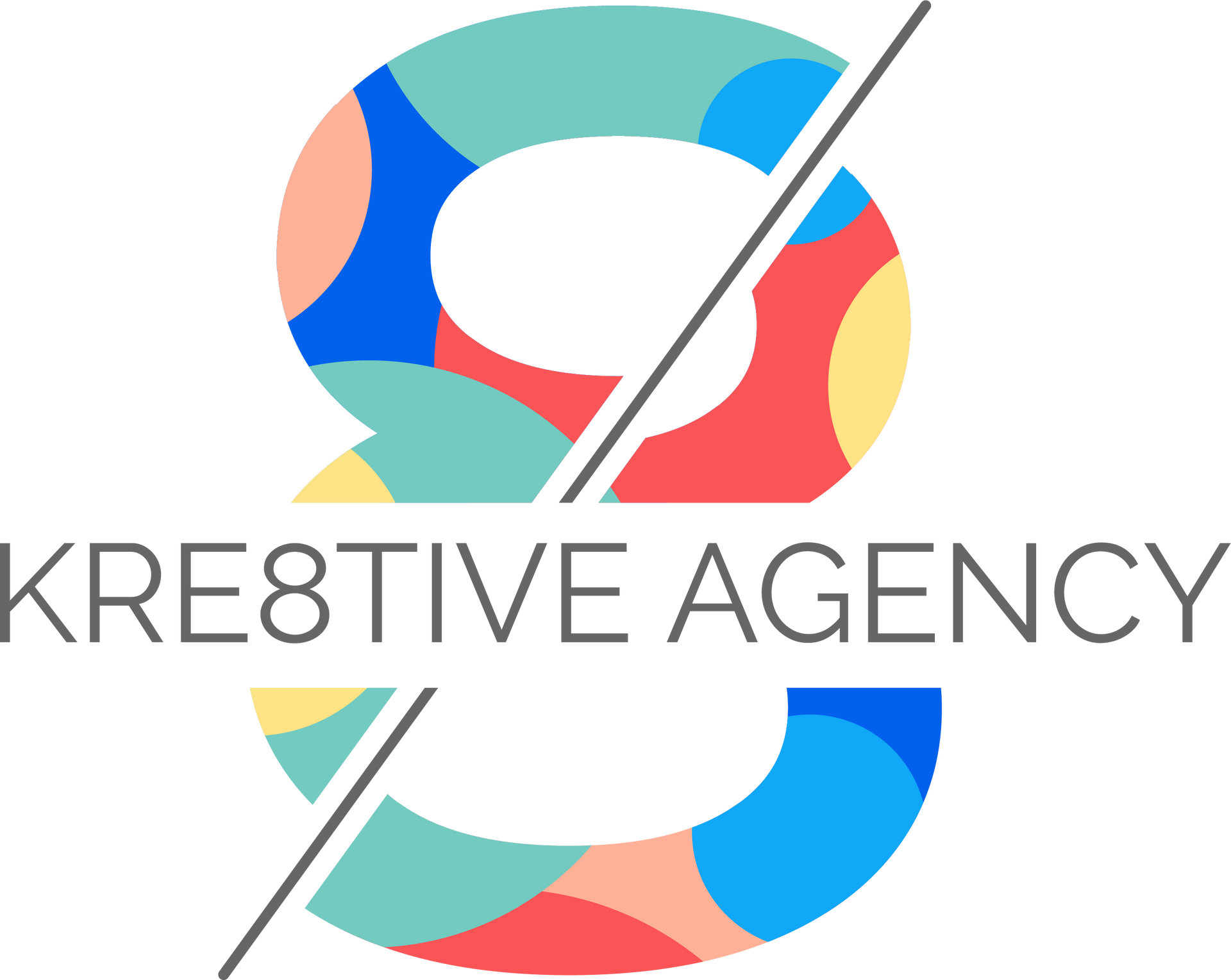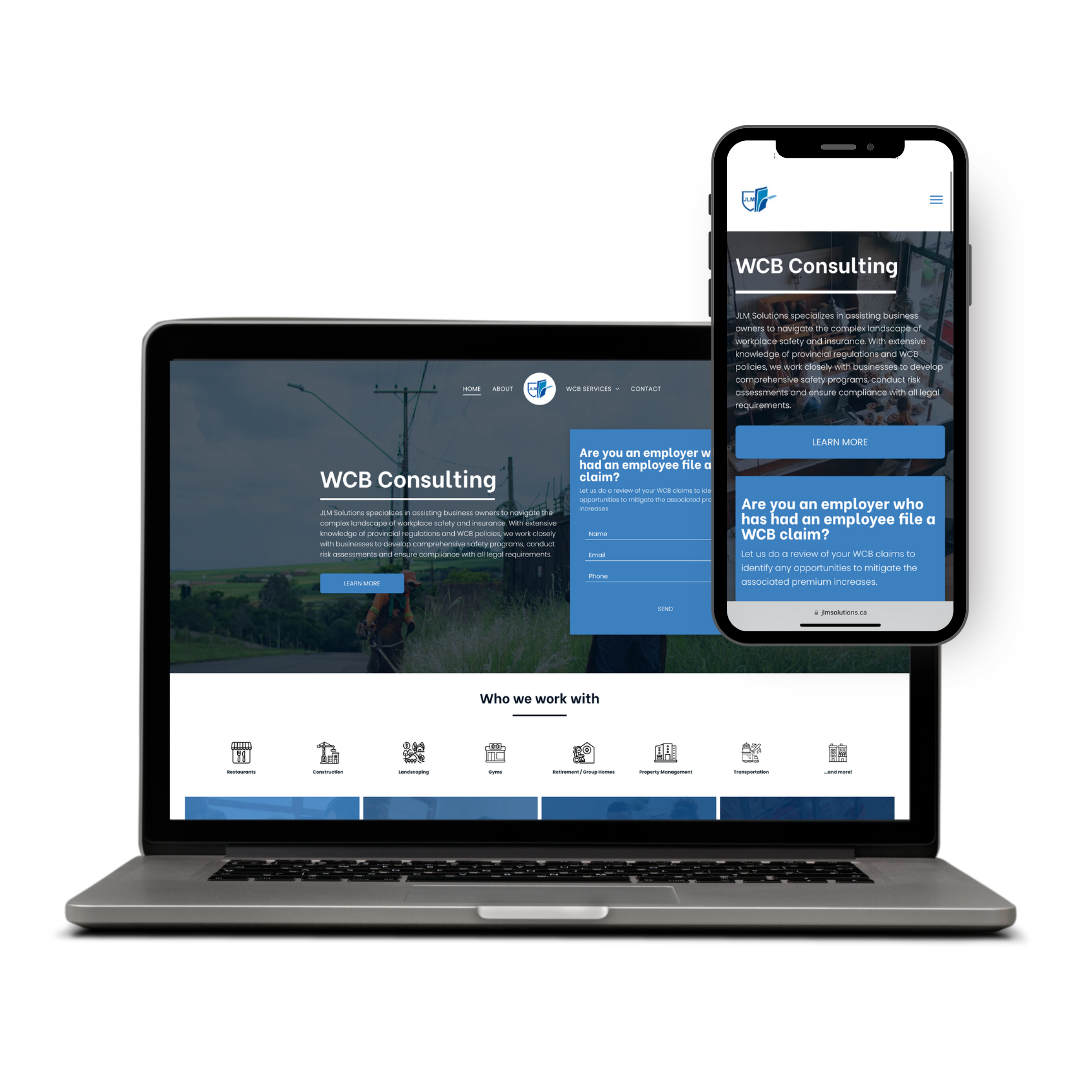
How To Increase Domain Authority
We were working with one of our SEO clients, and she asked “How to increase domain authority?”. This is a complex question with many layers to it. It is also a perfect blog topic. If you’ve been running a website for any period of time, you may have heard the term before and know it can help with your search engine rankings. Let’s take a deeper dive.
What Is Domain Authority?
Domain Authority (DA) is a metric that is made up by SEO tool companies. Domain Authority was developed by Moz, but there are many other tools on the market that track domain authority as well. Here at Kre8tive, we use Ahrefs to track domain authority.
What these tools do is measure the strength of your website’s external backlink profile - taking into account both the relevance and the quality of the link - that points to your site. DA is tracked on a scale of 1-100, and can potentially predict how you will rank on the search engine results pages (SERPs).
These tools all essentially look for a few key things.
- How many unique websites or “referring domains” are sending your website a backlink
- The DA of the website sending you a backlink
- How many websites the referring domain links to with a minimum of one “DoFollow Link”
As mentioned above, many tools offer domain authority trackers. You may even hear it go by slightly different terms like Domain Rating, or Website Authority. Each tool seeks to accomplish the same thing, however, and that’s to give you an idea of your site’s overall ability to rank higher on search engines.
Does Domain Authority Help You Rank Higher In Search Engines?
Believe it or not, DA has nothing to do with how Google ranks your pages, they don’t use it in their algorithm at all!
So if Google doesn’t care about DA, then why should you?
You should care because your site’s DA can be a fantastic
predictor of how well you’ll rank for keywords that you’re targeting.
In this awesome
study done by Ahrefs, they show that there is a correlation between DA and your SERP rankings.
So even though Google doesn’t use DA as a ranking factor, it’s still an important metric for you to consider because of its estimation abilities.
What Is A Good Domain Authority
More importantly than the actual number of your DA, however, is what that number represents. Remember that “domain authority/ranking/website authority,” metrics are all relative. They represent both the quality and the number of backlinks your website has.
It’s more important that you develop an effective link-building strategy and consistently acquire links from unique websites. The more links from an authoritative, reputable website, to pages on your site you want to rank for, will do more for your SERP results than focusing on a high DA.
With that being said, DA is scored on a range from 1-100. So obviously the higher your score, the better!
Now as a new site or a site that has never focused on this metric before, you’re likely to have a low DA. It’s unrealistic to expect substantial increases in your score or push anywhere near 60+ ratings immediately. Rather than focusing on building the highest possible DA in the short term, a better strategy is to gauge where you are vs your competitors.
Say your DA is a 5, and the direct competitors in your niche are scoring a DA of 15. It’s a lot more reasonable to replicate their backlinks, and grow your DA by 10 points rather than making your goal a score of 50.
If you are able to match, or better your competitor’s authority, you should start seeing favourable SERP results, especially in “local search” rankings.
To sum it up, good domain authority is entirely relative to your website and industry.
How To Check Your Domain Authority
There are many tools available to you that can calculate the domain authority of your website. Depending on the needs of your business, some SEO tools may suit you better than others. Some tools are free, while others can cost up to $100+ per month. It really depends on the needs of your business.
SEO Review Tools offers a free, basic website authority checker. It tracks your page authority, domain authority and the number of external backlinks your site has. This is a great tool to get a general idea of your authority.
Linkgraph also offers a free authority checker. It will calculate your page authority and domain authority, as well as your website's spam score. Another cool feature is the ability to check multiple domains in bulk. Perfect for business owners who run multiple websites.
Moz is where it all started. As mentioned, Moz was the original developer of calculating authority. They are a pretty decent amount of free SEO tools, the limited data you can access with free lookups is more than enough to understand where your website stands. A free lookup will show you your domain authority, linking domain, spam score, and how many keywords you rank for.
Ahrefs also gives you a free domain rating lookup. It conveniently shows you the number of linking websites you have and the number of backlinks.
All of these SEO tools are much more comprehensive than just checking for your site's authority. Most offer keyword research, competitor analysis, and technical audits. But if you simply want to know your authority with a fast, free lookup, any of these tools will suffice.
Just choose one and stick with it. It’s important to not compare your rating across different tools.
How To Increase Domain Authority Conclusion
To sum it all up, a higher domain rating and better SERP results are a byproduct of good link-building habits. If you focus on building high-quality backlinks from authoritative sites to pages that matter the most to your business, your authority will increase. Your pages with the most backlinks will receive the most organic traffic, it’s that simple!
If you still have questions about how to increase domain authority or other SEO inquiries, contact us! We are ready to assist you with all your SEO needs here at Kre8tive Agency. Fill out a form on our contact page, leave a comment below, or reach out to us on Facebook.




© KRE8TIVEAGENCY | ALL RIGHTS RESERVED | PRIVACY POLICY
Stay in Touch
Contact Us
We will get back to you as soon as possible
Please try again later







